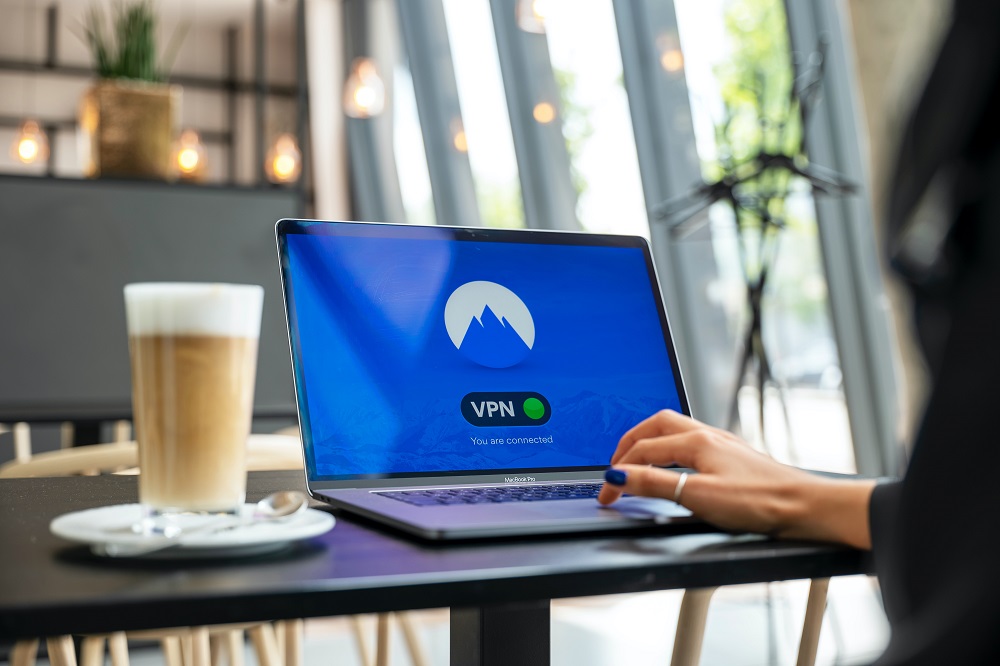
In an increasingly interconnected digital world, online security and privacy have become paramount concerns for individuals and businesses alike. As the internet continues to evolve, so do the threats associated with it. One effective solution to enhance online security and privacy is the use of proxies. Proxies act as intermediaries between users and the internet, providing a range of benefits that safeguard sensitive information and ensure a more secure online experience. In this article, we will explore the key advantages of using proxies for online security and privacy.
1. Anonymity and IP Address Concealment:
One of the primary benefits of using proxies is the ability to maintain anonymity and conceal your IP address. When you connect to the internet through a proxy server, your requests are processed through the proxy, masking your original IP address. This prevents websites and online services from directly identifying and tracking your online activities. By hiding your IP address, proxies offer a layer of protection against potential threats, including hackers, identity theft, and online surveillance.
2. Enhanced Privacy:
Proxies play a crucial role in preserving online privacy. By acting as intermediaries, they shield your personal information and browsing habits from prying eyes. Proxies prevent websites, advertisers, and malicious entities from collecting your browsing data, such as search history, cookies, and location information. This helps safeguard your privacy, prevent targeted advertising, and mitigate the risks associated with data breaches or unauthorized access to personal information.
3. Geo-Spoofing and Bypassing Restrictions:
Proxies enable users to bypass geographical restrictions and access content that may be blocked or restricted in their location. By connecting to a proxy server located in a different region or country, users can spoof their location and gain access to region-specific websites, streaming services, or online platforms. This is particularly useful for travelers, expatriates, and individuals living in countries with strict internet censorship. Proxies empower users to freely access information and resources that would otherwise be unavailable.
4. Secure Remote Access:
Proxies provide a secure method for remote access to internal networks and resources. By setting up a proxy server, organizations can allow remote employees or authorized individuals to access sensitive data and systems without compromising security. Proxies establish encrypted connections and provide authentication mechanisms, ensuring that only authorized users can access the network remotely. This minimizes the risk of unauthorized access, data breaches, or other security incidents associated with remote connections.
5. Protection Against Malware and Phishing Attacks:
Proxies act as a protective barrier between users and potentially malicious websites or content. Proxy servers can be configured to filter web traffic, block suspicious URLs, and detect known malware or phishing attempts. This adds an additional layer of security by preventing users from accessing harmful websites or inadvertently downloading malicious files. Proxies help in safeguarding sensitive data, such as login credentials and financial information, by reducing the risk of falling victim to phishing attacks.
6. Load Balancing and Performance Optimization:
In addition to security benefits, proxies also contribute to improved performance and network efficiency. Proxies can be used to distribute network traffic across multiple servers, optimizing resource allocation and balancing the load. By caching frequently accessed web content, proxies can deliver faster response times and reduce bandwidth usage. This results in improved browsing speed, reduced latency, and an overall enhanced online experience.
7. Content Filtering and Parental Control:
Proxies can be employed to implement content filtering and parental control measures. By configuring proxies to restrict access to certain categories of websites or content, parents and organizations can create a safer online environment for children or enforce acceptable internet usage policies. Proxies help block inappropriate or harmful content, ensuring a more secure and controlled browsing experience.
8. Anonymous File Sharing:
Proxies can be utilized for anonymous file sharing, particularly through protocols like BitTorrent. By routing file-sharing traffic through a proxy server, users can hide their IP addresses and remain anonymous while sharing files. This adds an extra layer of privacy and protection, as it becomes more challenging for others to track or monitor the user’s activities during file sharing.
9. Protection against DDoS Attacks:
Distributed Denial of Service (DDoS) attacks pose a significant threat to online services and websites. Proxies can act as a buffer between the user and the targeted server, mitigating the impact of DDoS attacks. By distributing incoming traffic across multiple proxy servers, the attack traffic can be absorbed and filtered before reaching the intended target. This helps maintain the availability and performance of online services even during DDoS attacks.
10. Ethical Hacking and Penetration Testing:
Proxies are valuable tools for ethical hacking and penetration testing. Security professionals and ethical hackers often use proxies to anonymize their connections and hide their identities during vulnerability assessments or penetration tests. Proxies allow them to simulate attacks from different IP addresses, gather valuable intelligence, and identify potential vulnerabilities in systems and networks.
11. Avoiding IP Blocking:
Some websites or online services may employ IP blocking mechanisms to restrict access or prevent abuse. By using proxies with rotating IP addresses, users can bypass IP blocking measures and access blocked resources. Rotating proxies provide a continuous stream of different IP addresses, making it challenging for websites to block or restrict access based on a single IP.
12. Secure Public Wi-Fi Browsing:
When connecting to public Wi-Fi networks, security risks are prevalent. Proxies offer a secure solution for browsing the internet on public Wi-Fi connections. By connecting to a proxy server, users can encrypt their traffic and protect their data from potential eavesdropping or interception by malicious actors who may be exploiting vulnerabilities in the public Wi-Fi network.
The use of proxies provides significant benefits for online security and privacy. From anonymizing user identities and concealing IP addresses to bypassing restrictions, enhancing remote access security, and protecting against malicious threats, proxies serve as a crucial tool in maintaining a secure online environment. By leveraging proxies, individuals and organizations can enjoy a safer and more private online experience while safeguarding sensitive information and mitigating potential risks associated with the evolving digital landscape.
Generated by Chat GPT








